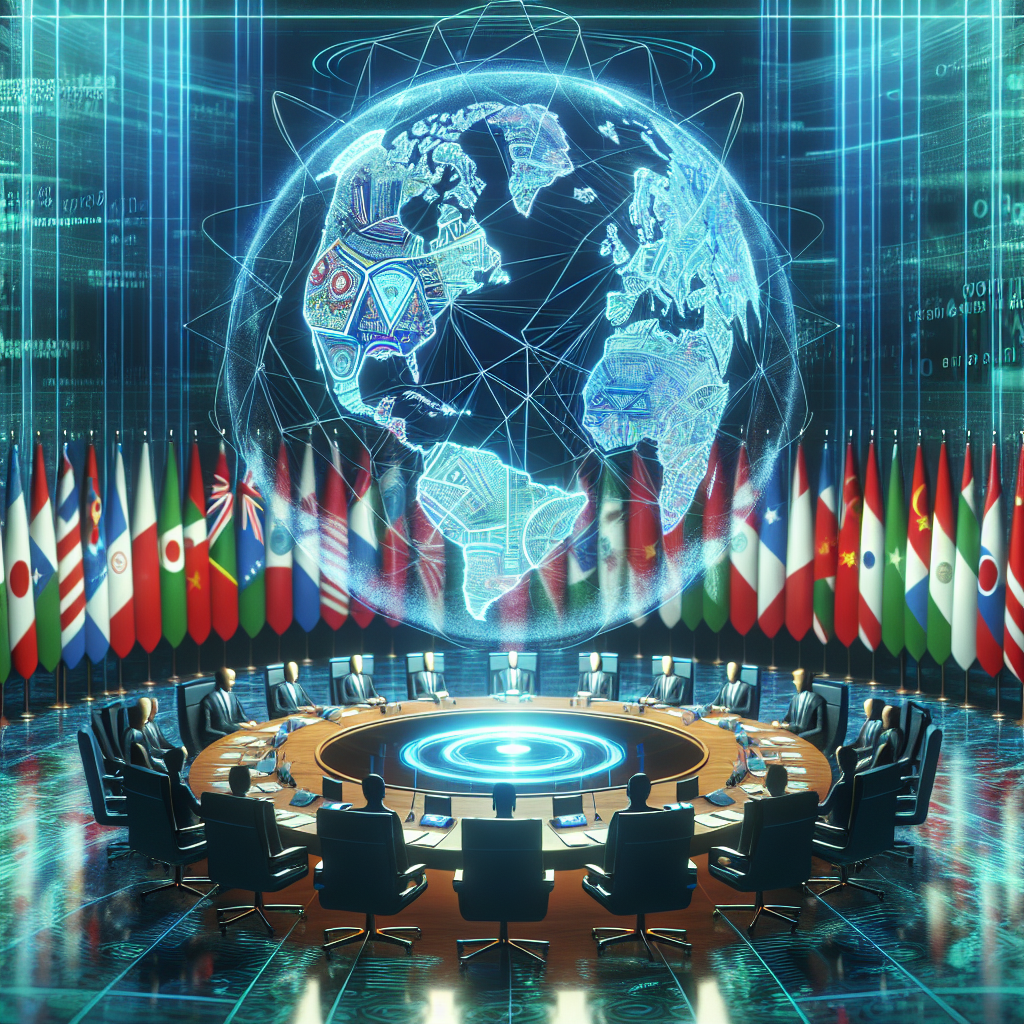Artificial Intelligence (AI) has been rapidly advancing in recent years, with applications ranging from virtual assistants to self-driving cars. One area that is increasingly being impacted by AI is diplomacy. Governments around the world are beginning to explore how AI software can be used to enhance diplomatic efforts and improve international relations.
The Future of AI Software in Diplomacy
AI software has the potential to revolutionize diplomacy in a number of ways. One of the key benefits of using AI in diplomacy is its ability to process vast amounts of data quickly and efficiently. This can help diplomats make more informed decisions and respond to crises more effectively. For example, AI software can analyze social media trends to gauge public opinion on a particular issue, or track the movements of world leaders to anticipate their next move.
Another benefit of AI software in diplomacy is its ability to automate routine tasks, freeing up diplomats to focus on more strategic work. For example, AI software can be used to draft diplomatic cables, analyze intelligence reports, or schedule meetings with foreign officials. This can help diplomats work more efficiently and effectively, ultimately leading to better outcomes for their countries.
AI software can also be used to improve communication between countries. For example, AI-powered translation tools can help diplomats overcome language barriers and facilitate more effective negotiations. AI software can also be used to analyze diplomatic communications and identify potential areas of conflict or misunderstanding, helping to prevent diplomatic crises before they escalate.
In addition to these practical applications, AI software also has the potential to transform the way diplomacy is conducted. For example, AI-powered virtual assistants could help diplomats stay organized and on top of their schedules, or provide real-time analysis of breaking news events. AI software could also be used to simulate diplomatic scenarios and predict the likely outcomes of different courses of action, helping diplomats make more strategic decisions.
Overall, the future of AI software in diplomacy looks promising. As the technology continues to advance, we can expect to see more and more applications of AI in diplomatic efforts, helping to improve communication, decision-making, and outcomes for countries around the world.
FAQs
Q: How is AI software currently being used in diplomacy?
A: AI software is currently being used in a variety of ways in diplomacy, including analyzing social media trends, automating routine tasks, and improving communication between countries.
Q: What are some potential future applications of AI software in diplomacy?
A: Some potential future applications of AI software in diplomacy include virtual assistants for diplomats, predictive analysis of diplomatic scenarios, and real-time translation tools.
Q: What are the benefits of using AI software in diplomacy?
A: The benefits of using AI software in diplomacy include improved decision-making, more efficient work processes, and better communication between countries.
Q: Are there any potential drawbacks to using AI software in diplomacy?
A: Some potential drawbacks of using AI software in diplomacy include concerns about privacy and security, as well as the potential for bias in AI algorithms.
Q: How can countries ensure that AI software is used ethically in diplomacy?
A: To ensure that AI software is used ethically in diplomacy, countries can establish guidelines and regulations for the use of AI, conduct regular audits of AI systems, and provide training for diplomats on how to use AI responsibly.

